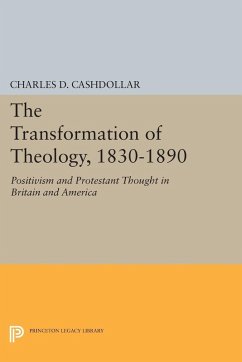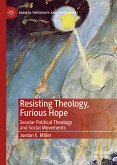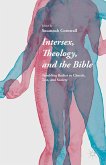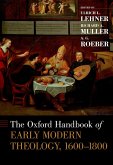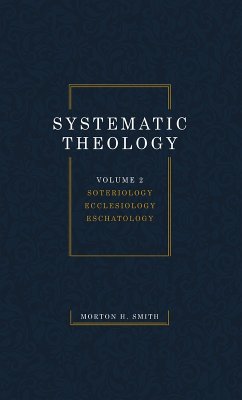Charles Cashdollar reinterprets nineteenth-century British and American Protestant thought by identifying positivism as the central intellectual issue of the era. Positivism meant, at first, the ideas of the French thinker Auguste Comte; later in the century, the term indicated a more general opposition to supernatural religion. Cashdollar shows that contemporary thinkers recognized positivism, at each of these stages, as the most fundamental of the proliferating challenges to religious belief. He further reveals how the encounter with positivism altered Protestant orthodoxy--in both subtle and radical ways.
Positivists denied that humans could know anything other than physical phenomena. Declaring many orthodox beliefs archaic, they proposed a new, ethically based vision of service to humanity. After portraying the dissemination of these positions among British and American Protestants, the author explains how each of several groups reacted. A few theologians rejected positivism outright, but many more responded by recasting their own beliefs. The implications of this story of change extend to such topics as Darwinism, Biblical criticism, the rise of the social sciences, theological liberalism and the Social Gospel, the beginnings of fundamentalism, and the twentieth-century debate about "creationism" and science.
Originally published in 1989.
The Princeton Legacy Library uses the latest print-on-demand technology to again make available previously out-of-print books from the distinguished backlist of Princeton University Press. These editions preserve the original texts of these important books while presenting them in durable paperback and hardcover editions. The goal of the Princeton Legacy Library is to vastly increase access to the rich scholarly heritage found in the thousands of books published by Princeton University Press since its founding in 1905.
Positivists denied that humans could know anything other than physical phenomena. Declaring many orthodox beliefs archaic, they proposed a new, ethically based vision of service to humanity. After portraying the dissemination of these positions among British and American Protestants, the author explains how each of several groups reacted. A few theologians rejected positivism outright, but many more responded by recasting their own beliefs. The implications of this story of change extend to such topics as Darwinism, Biblical criticism, the rise of the social sciences, theological liberalism and the Social Gospel, the beginnings of fundamentalism, and the twentieth-century debate about "creationism" and science.
Originally published in 1989.
The Princeton Legacy Library uses the latest print-on-demand technology to again make available previously out-of-print books from the distinguished backlist of Princeton University Press. These editions preserve the original texts of these important books while presenting them in durable paperback and hardcover editions. The goal of the Princeton Legacy Library is to vastly increase access to the rich scholarly heritage found in the thousands of books published by Princeton University Press since its founding in 1905.
Dieser Download kann aus rechtlichen Gründen nur mit Rechnungsadresse in A, D ausgeliefert werden.

